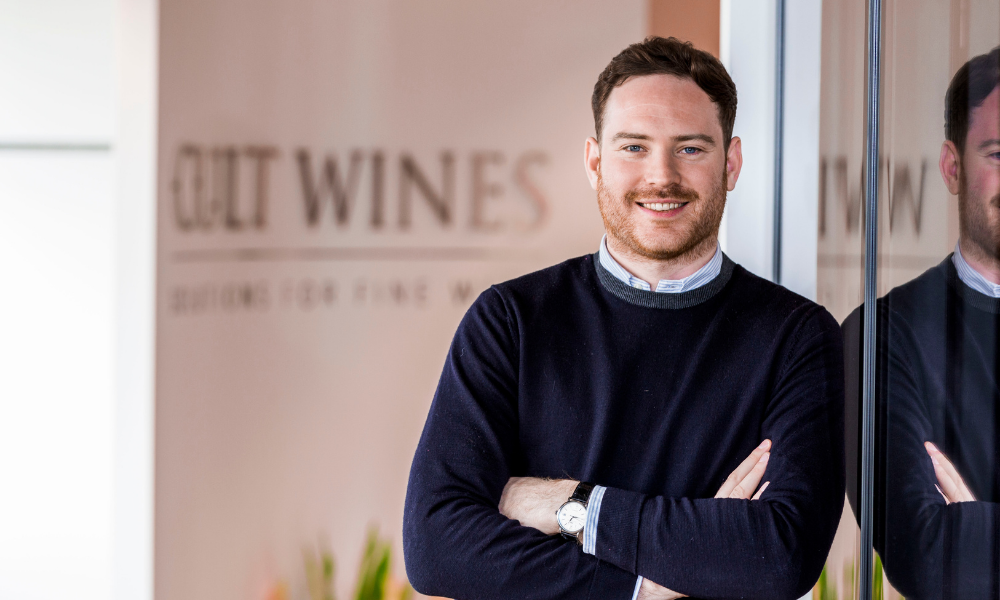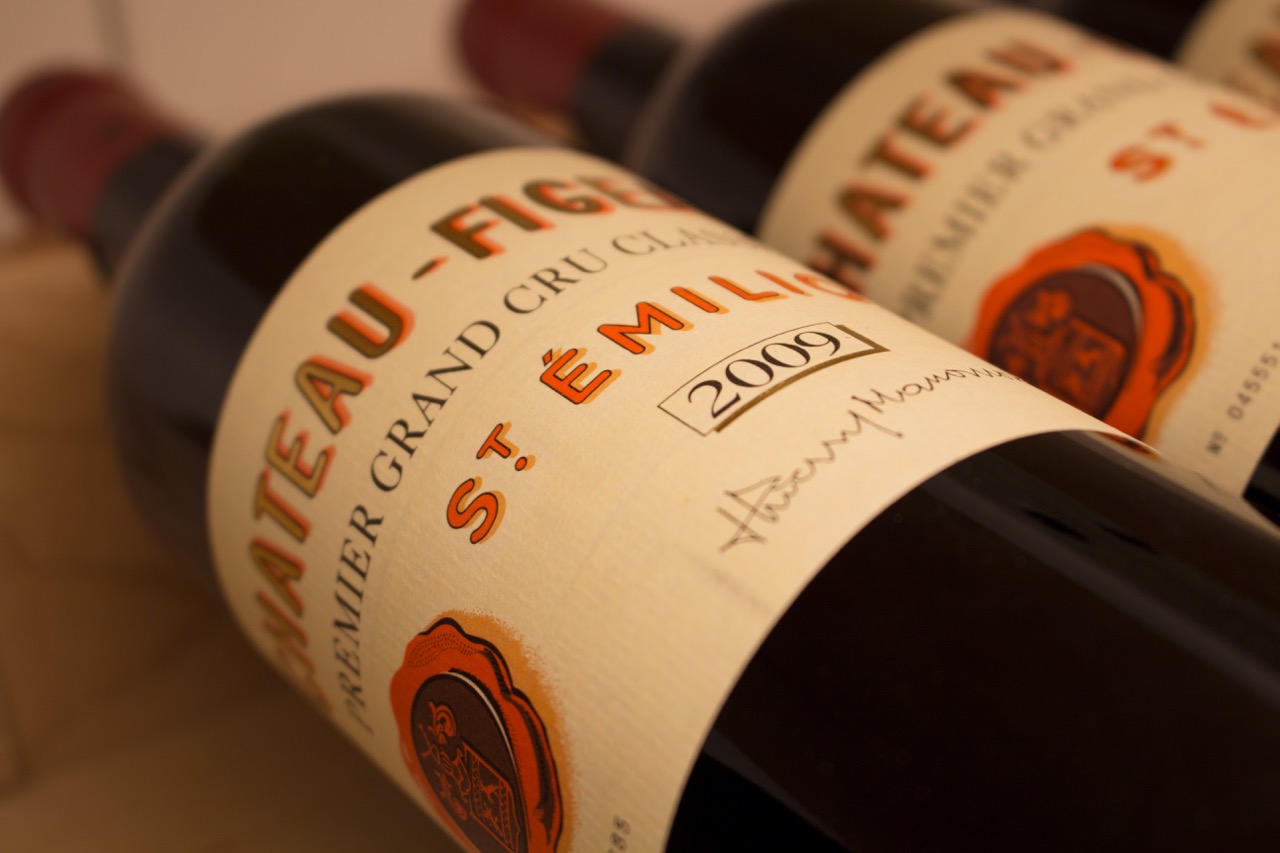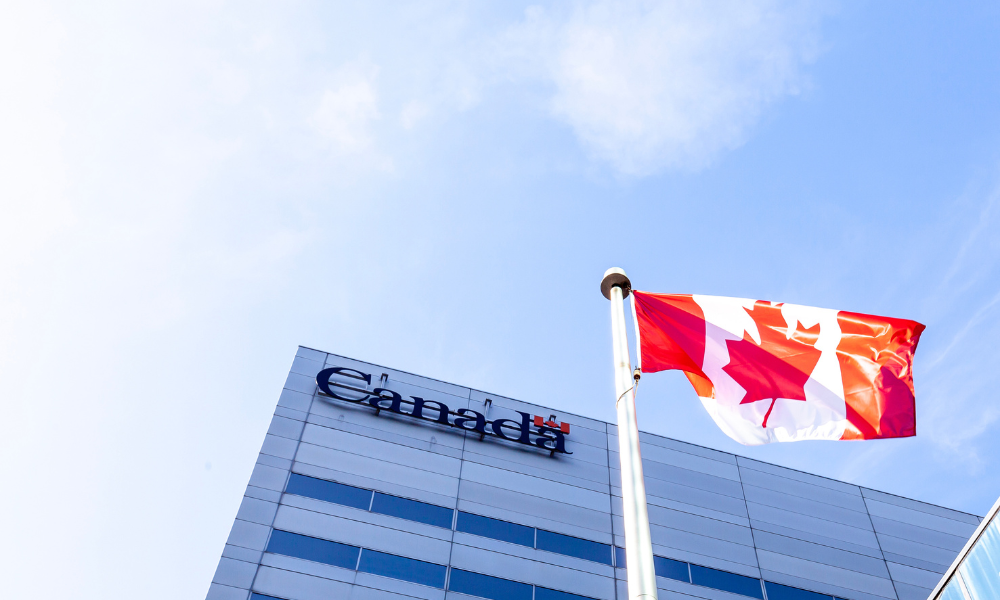Cult Wines has US$200 million AUM, top-class storage facilities and offers high-net-worth clients active portfolio management

Here’s a pitch for an emerging asset class: a relatively reliable return of 8-9%, low correlation to the markets, and a historical lack of volatility. And the best part? You can drink your investment.
Investors are often deterred from fine wine investing by its fragmented markets and the scale of knowledge needed to understand the product. However, Cult Wines is making significant progress in breaking down these barriers by turning the perception of fine wine on its head.
Rather than view it only as a luxury hobby, CEO, co-founder and majority shareholder Tom Gearing (pictured) told WP he views wine as an investable asset class. His instinct for this gap in the market was inspired by his father, Philip, an enthusiast who was also an investment banker.
By bringing these two worlds together around the family dinner table - Philip is also chairman of Cult Wines - UK-based Gearing saw there was an opportunity to bring wine investment to a much broader audience and enable people to get exposure to a tangible asset that increases in value. It’s paid off, with the company now managing US$200 million in assets, with ambitions to hit the US$1 billion mark.
In establishing the company 10 years ago, however, there were obvious issues. First, that fine wine is often inaccessible, made in old world regions where production is relatively small. Secondly, that the market features many inefficiencies, with merchants’ margins, insurance fees and shipping costs all making it harder to get a return.

For fund managers, private banks or family offices, even if their clients are fine wine afficionados, they need solutions to these issues before investing.
Gearing said: “These managers are dispassionate. They want to know: what's the asset? How am I investing into it? What are the processes? Who are the people managing it? What's the historical performance? What is the likelihood the team is going to be able to continue to perform at that level?
“We created a company that completely turned [wine investing] on its head, which wasn't to lose the sexiness or the passionate side of wine, we embrace that. But it was also to go to serious investors and say, ‘we've got the access, we’ve got the capacity, we have a top-down asset management approach, we have the right checks and balances internally, and we build portfolios based upon someone's risk profile.”
Gearing said its portfolios are built to deliver the best risk-adjusted returns. Integral to this is its in-house data science team, which has developed its own bespoke proprietary software. The past two years has seen the company invest heavily in machine learning and AI algorithms, which are a big part of modelling and making sure they get the best portfolio balance.
Gearing said: “We use the human touch where the human touch is needed. Wine is a qualitative product in that it’s subjective. You need a human to have some input on the taste or feeling or emotion you get from it. You're never going to get computers to be able to tell you that because a computer can't tell you if the wine is over its maturity peak, for example.
“It’s going to take an expert sommelier to taste the wine and say that. We can then build data patterns around that based upon historical knowledge and subjective tasting notes but it's about combining the two – and that's what we try to do. We're not trying to be a quant.”
Cult Wines, therefore, marries the expertise of its in-house sommelier with its tech talent and investment committee. These touch points have helped grow a global company that, as well as a 24,000 square foot warehouse in Wiltshire, U.K., has storage facilities in Bordeaux, central France, Singapore, Shanghai, Hong Kong, and New York state.
Since 2009, the firm has average annualized returns of 8% and Gearing believes that the next six to 12 months can be an inflection point for the wine investment industry. Technology and data advances have filtered down to the wine industry, meaning its become more globalized, efficient, transparent and less expensive.
This makes it more appealing for high-net-worth clients to add some exposure to their portfolio. Cult Wines is not a fund, however - the client is literally buying a physical collection of wines. The firm operates, however, with a portfolio management structure, establishing objectives, risk tolerance and how it balances with other assets in the client’s portfolio, which is actively managed. It works best, Gearing said, as a medium- to long-term investment.
“People look at wine investment and think it's high risk because they don’t know it. Actually, wine is very resilient when it comes to the pricing because there isn’t a lot of volatility in the market. We saw that this year with COVID. In March, when we had a massive global equity sell-off around the world and prices dropped 30 to 35%, wine prices dropped less than 5% during that period.
“There was a real low volatility during that period of time and it really displayed its diversification benefits.”
In uncertain times, Gearing said wine offers an all-weather investment. He added: “People look at wine as a store of value, something that's safe, something they can touch and feel, and something they know will always be there.
“When times are tough, it's going to have low correlation if not negative, and it's going to retain its value. And if times are good, where the global economies improve, it still ticks along at 8-10%.”



